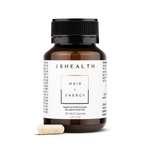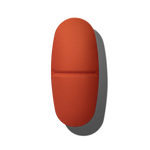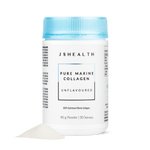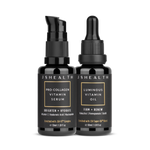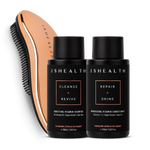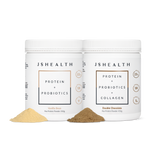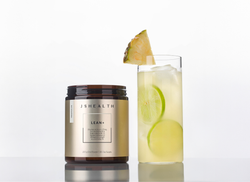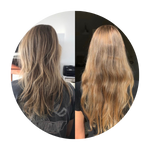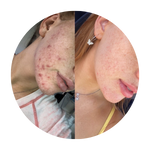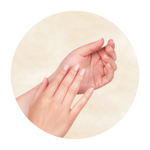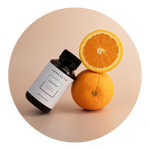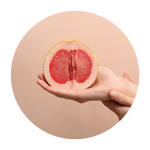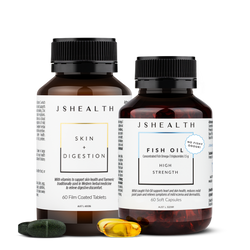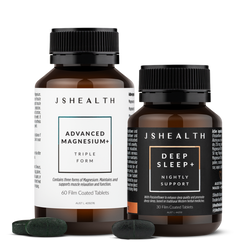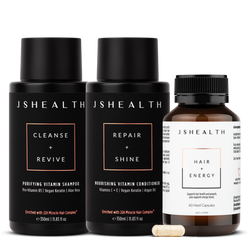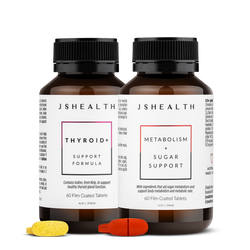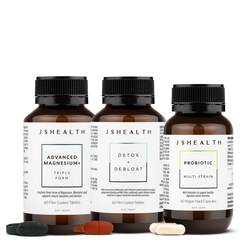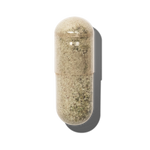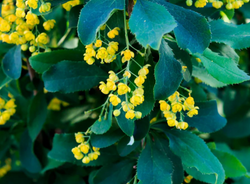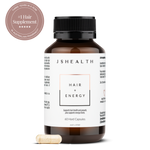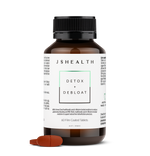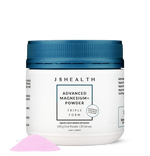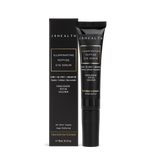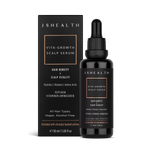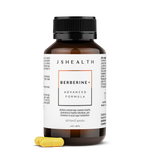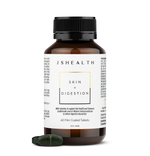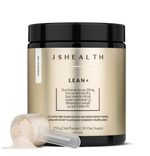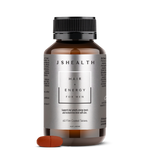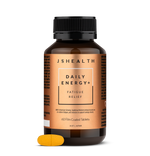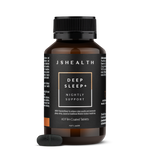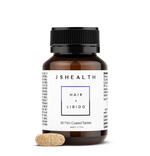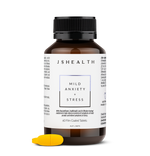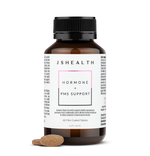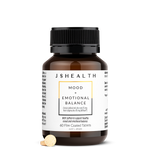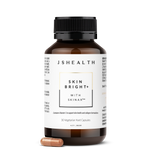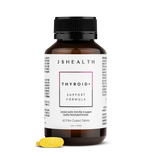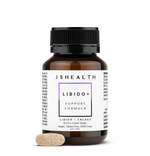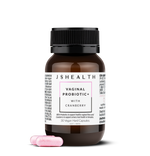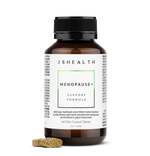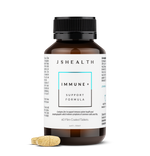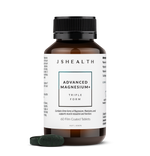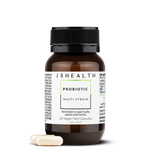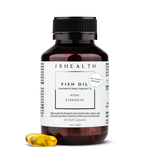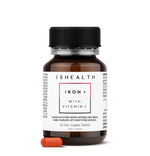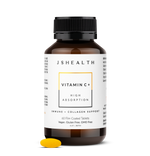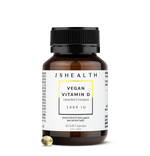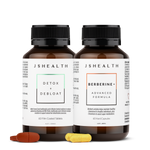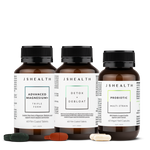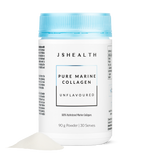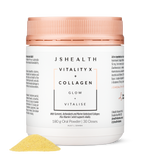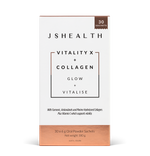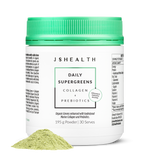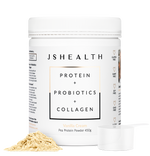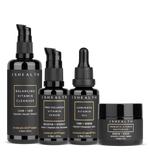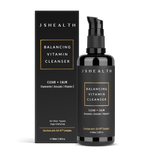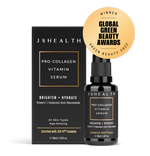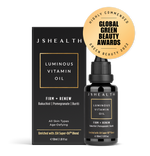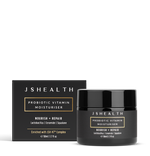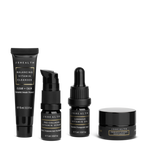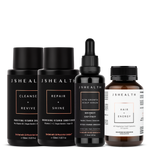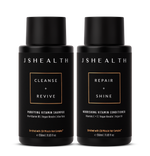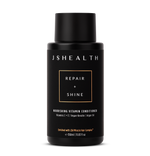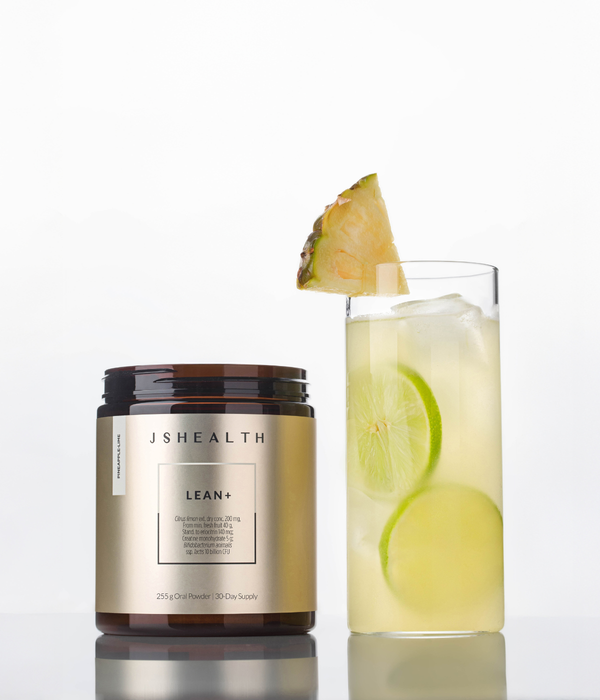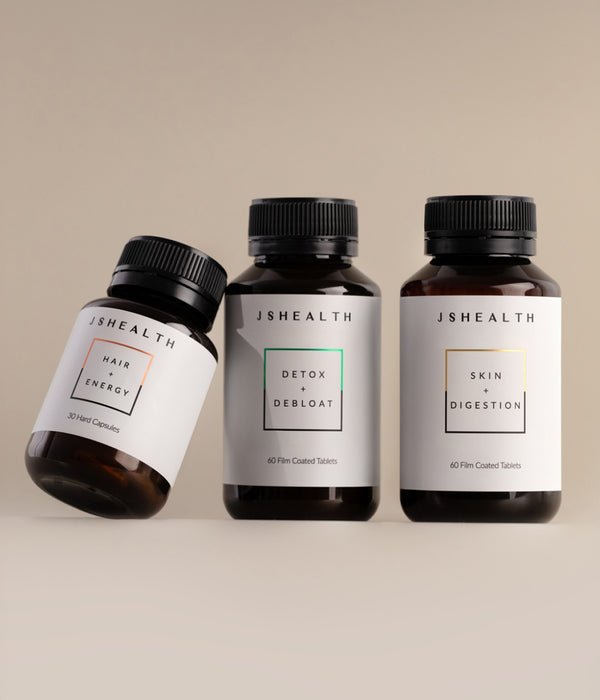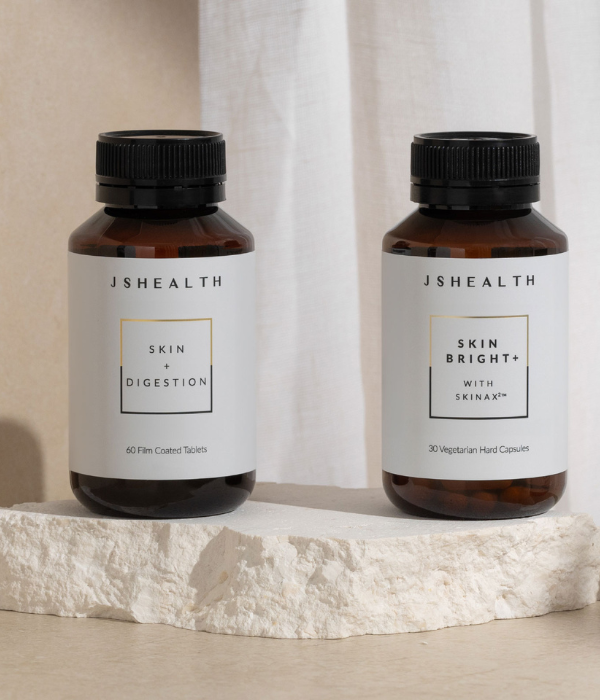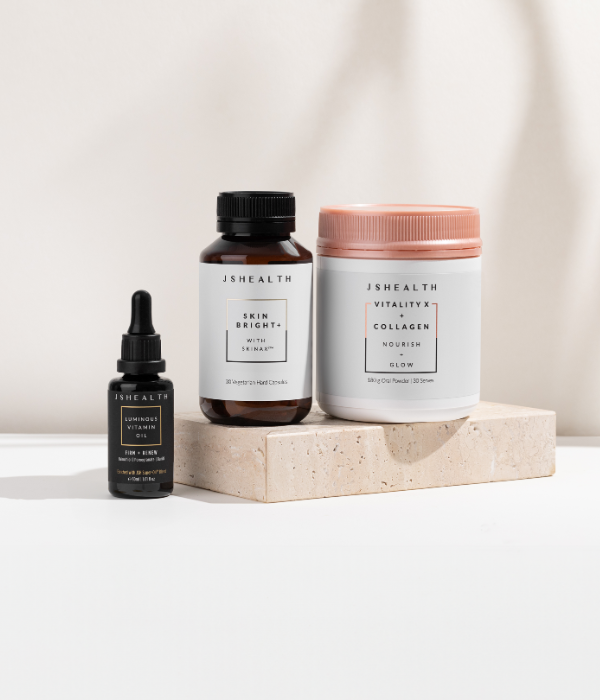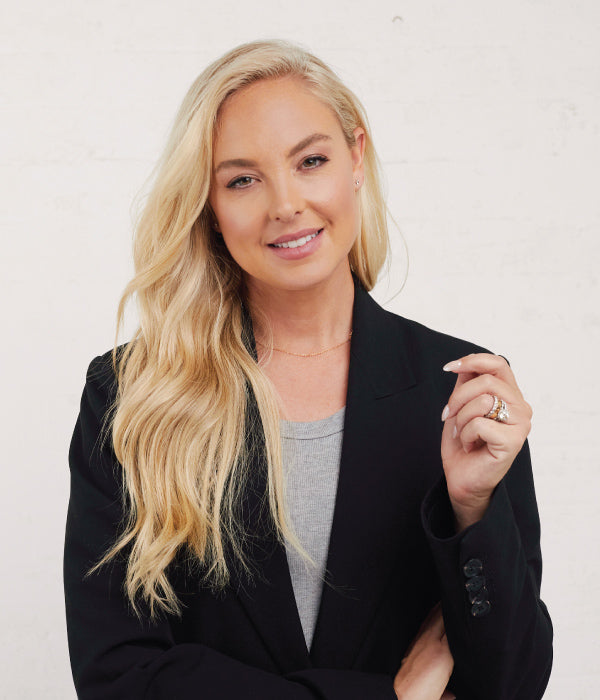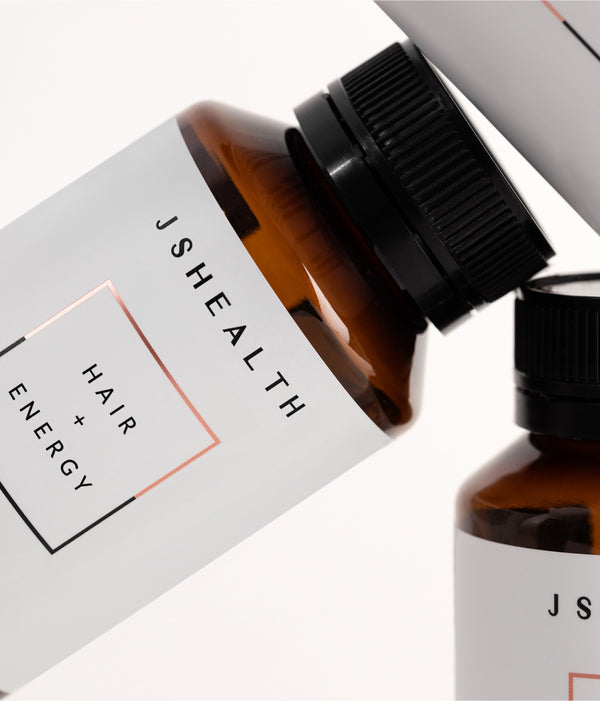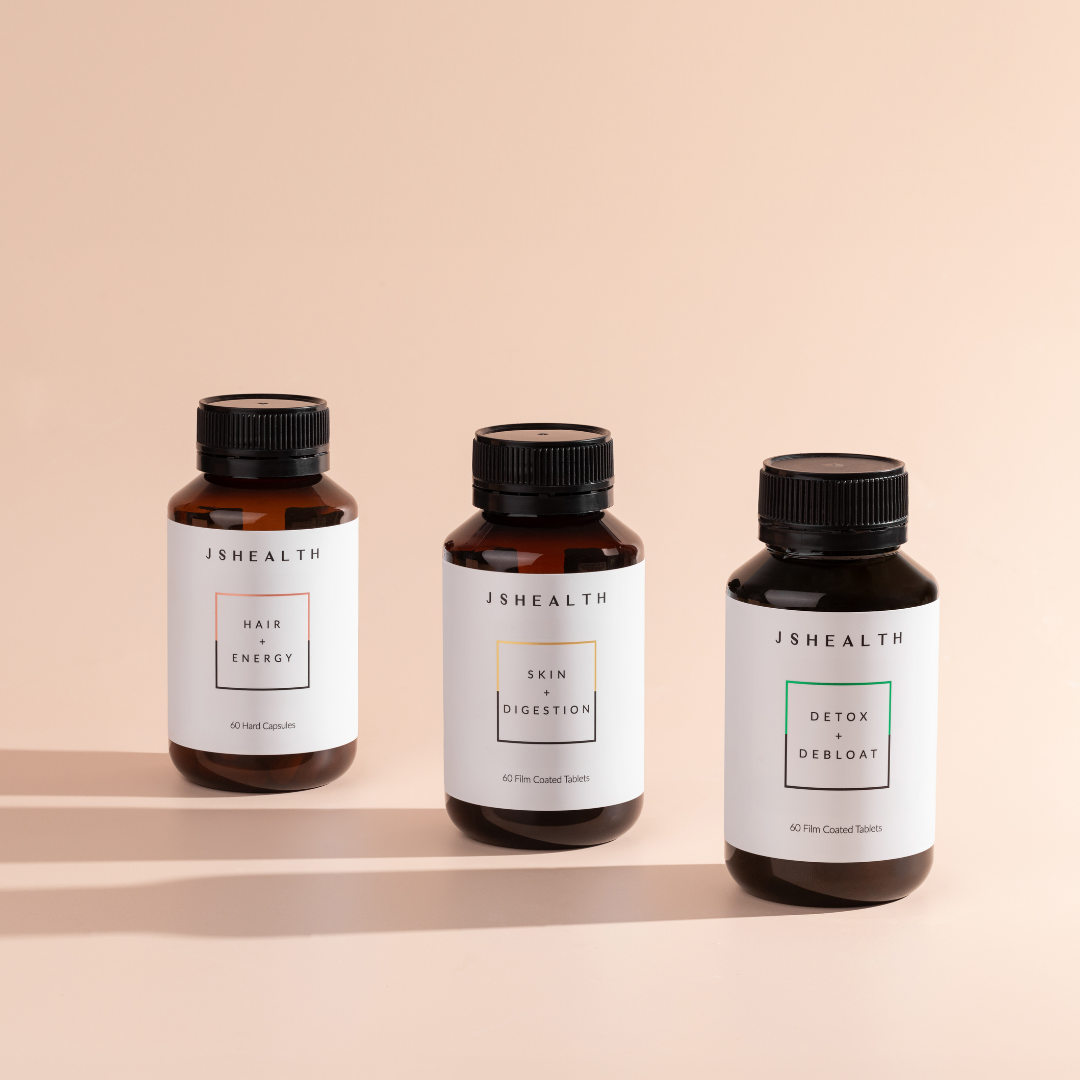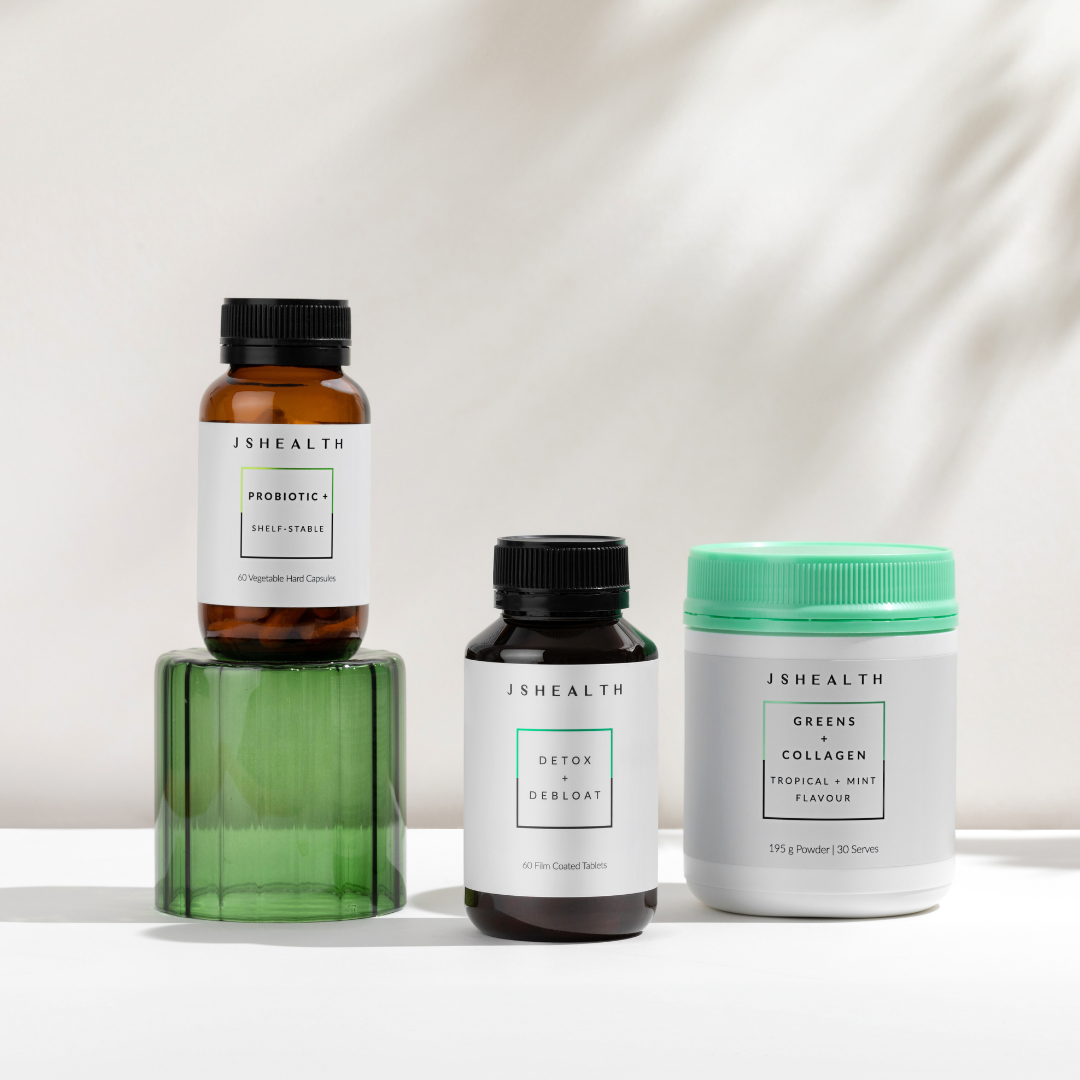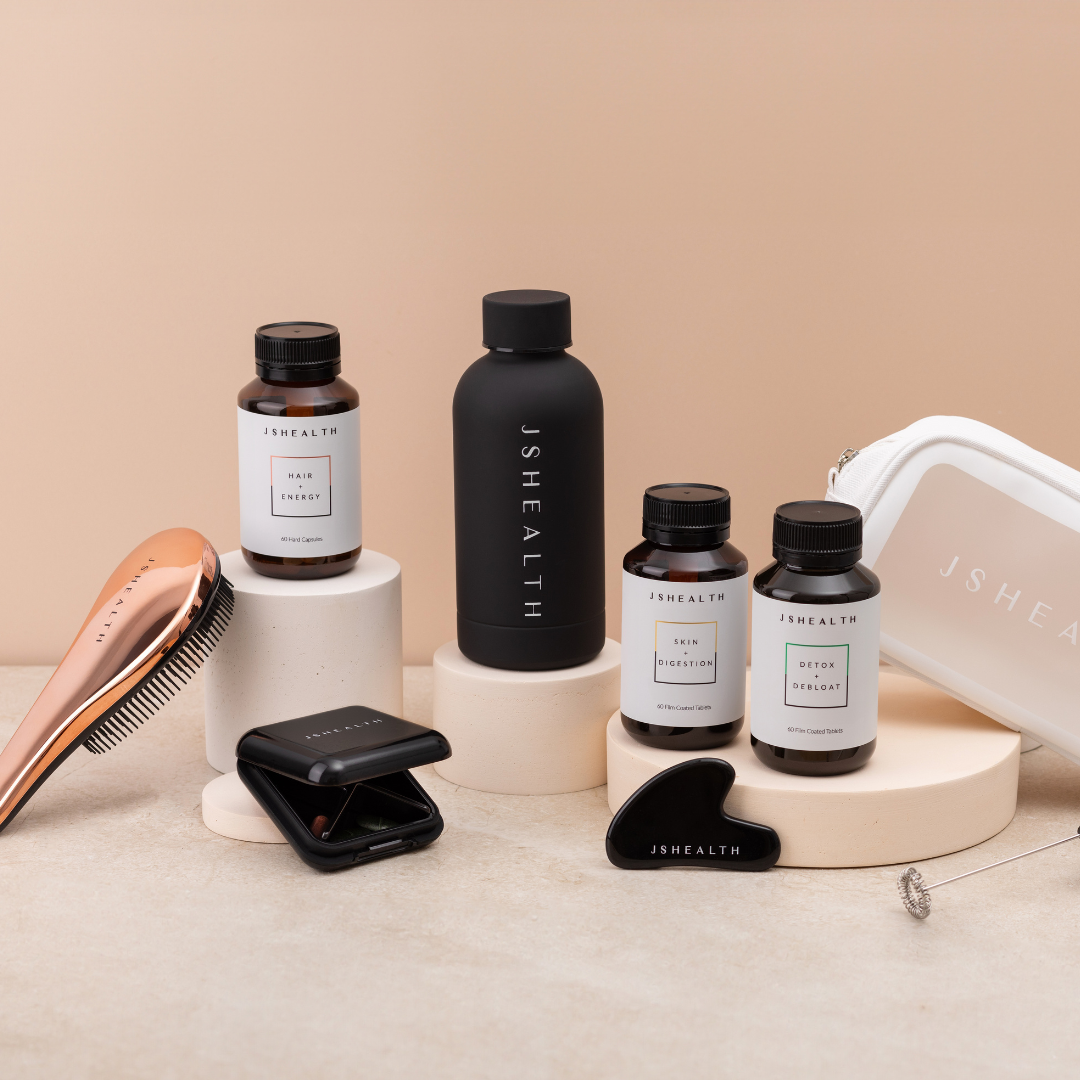Which Oil Is Best for Hair Growth?
Searching for the ideal hair care solution to promote healthy hair growth can be challenging. With countless products promising miraculous results it’s essential to identify the most effective ingredients to support your hair growth journey.
One such ingredient is oil — a natural powerhouse known for its nourishing properties. But with so many options available, how can you determine which oil is best suited for your particular hair goals?
We’ll delve into the science behind hair oils, exploring their individual benefits to better equip you to make the best choice to meet your specific needs.
How Does Hair Grow?
You may not be able to see it with your naked eye, but your hair is constantly growing — healthy hair can grow up to six inches a year! Even though it can take some time to see results, your hair is always working its way through a four-stage growth cycle.
The cycle starts with the growing phase, also known as the anagen phase. The anagen phase is the longest of the four phases, lasting between three to five years. During this phase, the hair follicles create new hair cells, combining them together and pushing them out of the body.
Once the anagen phase is over, the hair moves into the transition (or catagen) phase. The catagen phase only lasts ten days, but a lot is happening during that time — the hair follicles start to shrink, and the hair growth slows down. Eventually, the hair starts to separate itself from the bottom of the follicle, allowing it to move into the third phase of hair growth.
The third stage is known as the telogen or resting phase. During this phase, the hair has stopped growing entirely but has not yet fallen out of the follicle. Underneath the older hair, new hair cells are already starting to come together. Once those cells begin to grow enough, the existing hair is pushed out of the head, and the final stage begins.
The final stage that the hair goes through is the exogen phase, also known as the shedding phase. The older hair fully sheds from the scalp to make room in the follicle for the new hair.
Under normal circumstances, most of us will lose between 50 to 100 hairs a day. Stress, nutritional deficiencies and certain health conditions — like hypothyroidism — can increase the amount of hair you lose daily as can certain genetic predispositions (such as premature balding, which can happen to any gender).
Which Oil Is Best for Hair Growth?
Let’s start with the first question — which oil is best for hair growth?
Here’s our list of some of the most popular essential oils that may help promote longer, stronger, healthier hair.
- Cedarwood oil - The most significant benefit of using cedarwood oil is its ability to help regulate the scalp’s sebaceous (oil-producing) glands. Too much oil on the surface of your scalp can block or slow down the body’s ability to grow long healthy hair. Cedarwood also has antibacterial and antifungal properties, which can help manage hair issues, such as dandruff.
- Lavender oil - Lavender is one of the most soothing scents out there, but it also has the potential to help speed up hair growth. Although scientific studies have only been done on animals (so far), it has shown a lot of promise in helping to support hair growth.
- Lemongrass oil - Dandruff is extremely common, although we tend not to talk about it openly. Lemongrass oil can help reduce the typical itching and flaking that comes with dandruff, leaving your scalp soothed and able to grow new hairs without as many barriers in the way.
- Peppermint oil - Many hair products aimed at supporting scalp health incorporate peppermint oil as a key ingredient. This versatile oil not only provides an enjoyable experience when applied, but also delivers a range of potent benefits for your hair and scalp. When applied directly to the scalp, peppermint oil can support circulation to the area. Blood flow is especially crucial during the anagen (or growing) phase of hair growth, the stage your hair spends most of its time.
- Rosemary oil - Rosemary may be a common ingredient in a lot of recipes, but it can also be an excellent essential oil to help support your hair growth. The herb can improve cellular generation, making your body produce hair cells even quicker. This leads to natural hair thickness and growth.
- Tea tree oil - Tea tree oil continues to increase in popularity as a go-to hair health tool for a variety of issues. When it comes to helping support hair growth, it can help to cleanse the scalp and unblock blocked hair follicles. Tea tree oil also has antibacterial and antimicrobial properties, keeping your scalp healthy and your hair growing strong.
You can also mix and match essential oils, depending on your goals. Just a few drops mixed in with a carrier oil (like olive oil) can be rubbed directly into your scalp. Let it sit for about 10 minutes before rinsing it out — just make sure you use hair products that are supportive for hair health and growth.
Other Ways To Support Healthy Hair Growth
Which oil is the best for hair growth is an important question when creating longer, healthier locks, but it’s not the only way to help your hair look and be its best.
Here are a few other ways that you make the most of what you were born with:
- Hair growth supplements - Vitamins and minerals play a crucial role in helping the hair grow and keeping it healthy. Specifically, supplements that include active ingredients such as iodine, zinc and iron can be extra beneficial for your hair. Combining hair growth supplements with a healthy diet gives your hair everything it needs to grow healthy and strong.
- Know what’s in your hair products - What you choose to put in your hair can also impact how healthy it is and how quickly it can grow. Certain active ingredients, like sulfates, parabens and phthalates, may temporarily make your hair shinier or less frizzy and add build-up that can block the follicles and slow its growth.
- Avoid heat styling - You don’t have to stop using your curling iron or hair straightener completely, but if you’re trying to grow your hair out, you may want to avoid them as much as possible. Too much heat can cause the hair to be more prone to breakage and split ends, which can travel up the hair shaft and impact its ability to grow. If you do need to use heat styling products, make sure you use a heat protectant first.
- Be gentle with your hair - We take plenty of care styling our hair, making sure that it looks shiny and beautiful before leaving the house. But you may not think about what happens to your hair when you step out of the shower and give it a quick rubdown with your towel. Instead of rubbing your hair dry, invest in a microfiber towel and gently squeeze the excess water out. Squeezing instead of rubbing reduces the likelihood of damage and keeps your hair looking its best.
- Try to leave your hair down more often - It’s easy to put your hair up before heading out to work or dinner, and we’re not saying you have to stop doing that completely. When you regularly tie your hair up, it can lead to breakage or even impact your hairline. Opt for hair ties that are more gentle on your hair when you do choose to tie your locks up!
- Invest in a silk pillowcase - Yes, silk pillowcases can be expensive, but they’re well worth the investment. When you switch out your regular pillowcases for silk, you can significantly reduce the likelihood that your hair will experience frizziness. Silk helps retain moisture and your natural oils — keeping your hair soft, smooth and tangle-free. If you really want to up the ante, you can also wear a silk bonnet at bedtime.
In Summary
If you’re trying to grow your hair out, there are several factors to consider. Which oil is best for hair growth? What should I be doing differently to maintain the best health for my hair?
When you make these conscious tweaks to your daily routine, you can optimise your hair growth and achieve longer, healthier and stronger hair by choosing the right oils to meet your specific needs, adjusting your diet, and implementing hair care practices to promote overall hair health.
Sources:
Hair Growth-Promoting Effects of Lavender Oil in C57BL/6 Mice | SpringerLink
Physiology, Hair - StatPearls | NCBI Bookshelf
Anti-dandruff Hair Tonic Containing Lemongrass (Cymbopogon flexuosus) Oil | Karger
